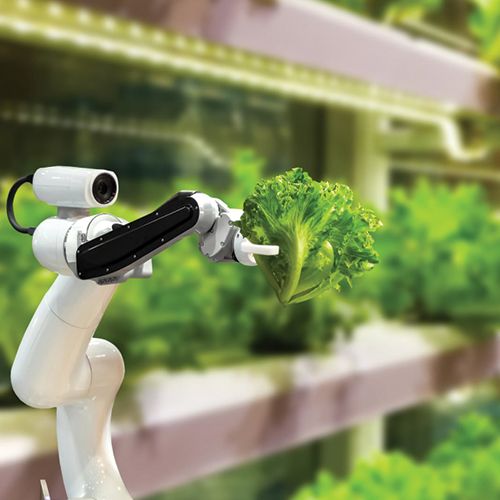FARM PRODUCE
The Future Of Agriculture

Agriculture is the core sector of Uganda’s economy and the main employer. This sector is the key determinant in the country’s efforts to reduce poverty and attain economic growth in the immediate years. The sector is fragmented and dominated by small holder farmers.
The agriculture sector still faces some major challenges, while some steps are being taken to provide insurance against crop failures, access to finance for small holder farmers is limited, the high cost and limited availability of improved farm inputs, including post-harvest technology, over stretched extension services, poor transport network, lack of information flow, weak value chain linkages contribute most toward restraining the growth of agriculture sector in Uganda.
The Agriculture Sector in Uganda is experiencing climate change effects manifested through, frequent, intense and prolonged dry spells, droughts, floods, increase in temperature and higher incidence of pests and diseases. Climate change has and will continue to have significant direct and indirect impacts on agricultural sector in Uganda. It is predicted that Uganda will continue to experience rising temperatures, which will increase by more than 2 °C by 2030.
Unfortunately we are living through the COVID 19 pandemic times and Uganda's vulnerability to climate change is exacerbated by problems of food insecurity, poverty and weak social institutions and a rapidly growing population. The country's population is growing at a rate of 3.02% per year (one of the highest in the world) which translates into increased demand for food; in turn necessitating increased agricultural production and a climate resilient agriculture.
Mobile phones and digital technologies have significantly affected all sectors of the economy and agriculture is no exception. The lack of technology adoption has undermined the competitiveness of Ugandan smallholder farmers, reducing their productivity as many farmers are still using the outdated agriculture-production methods. These grievances have unfortunately a negative impact on the social life of the enabling and constraining elements in the development of ICT4Agric.
There is no doubt that ICT has demonstrated incredible potential of improving agriculture productivity in developing countries specifically through innovations that use ICT were Farm Kiosk as agritech enterprise is already of this equation. The adaption of ICTs in agricultural sector guarantees a number of benefits including; improved service delivery by state actors like extension workers, opening of new job opportunities especially for young people and service lines, enhancement of processes efficiencies like the distribution of inputs among others.
So if we are to absorb the shock brought about by COVID 19 and address the future demands of feeding our ever bulging population we have to produce more with less in a sustainable way which means embracing climate agriculture practices and new technological approaches along the food value chain system.







